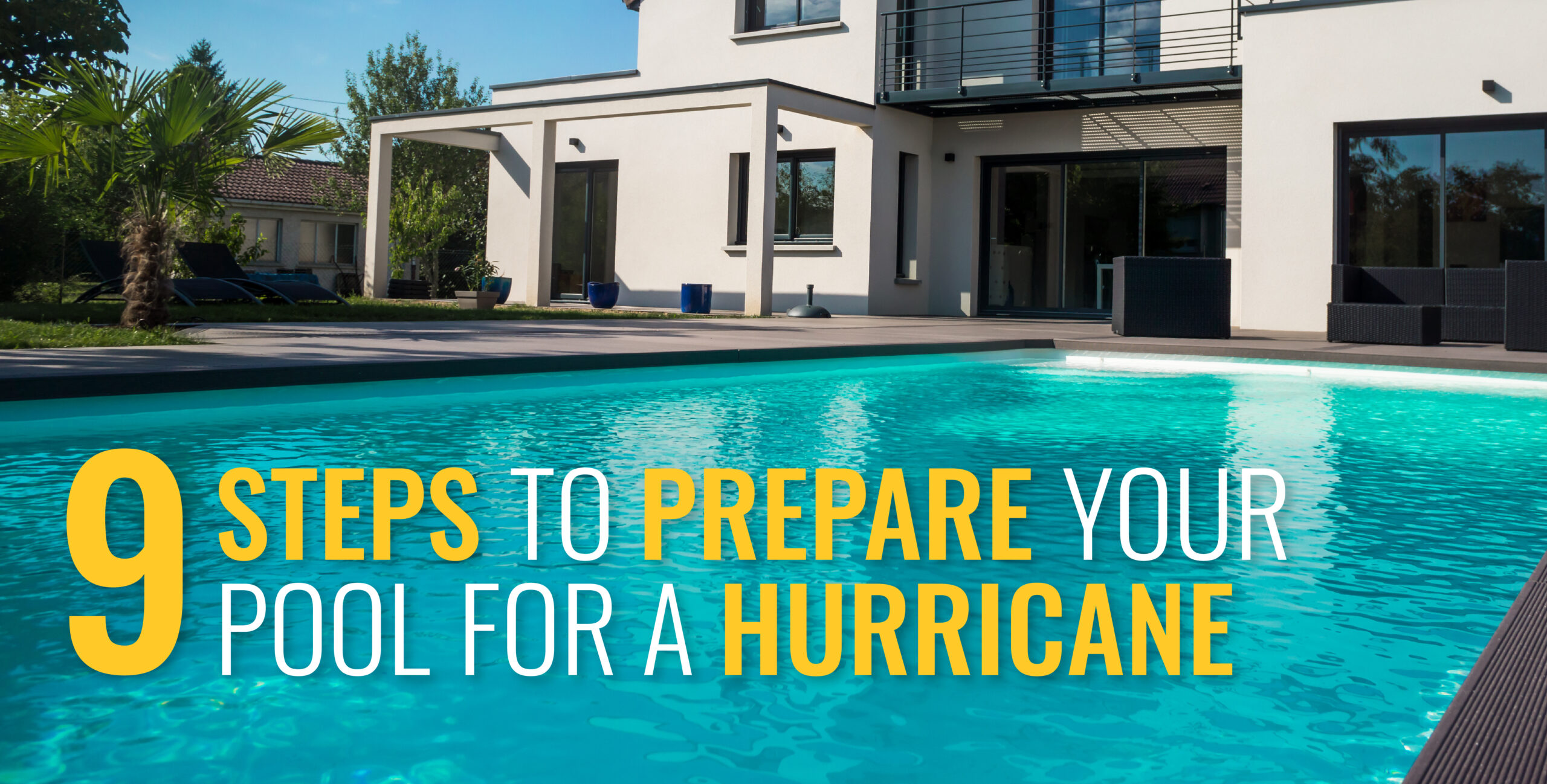As hurricane season approaches, it's crucial to ensure the safety of your property, including your…

What is a Swimming Pool Heat Pump?
What uses refrigeration technology to produce heat, produces more heat energy than it consumes, and utilizes heat from the environment to do its job? If you said “heat pump,” either you obviously know your vapor compression cycle apparatuses, or you’re really keen at reading titles.
So how does the heat pump achieve all these goals in one marvelous device? Simply put, the heat pump moves heat from one place where you dont want it or need it to another place where you do want. You might say a heat pump works like an air conditioner or a refrigerator in reverse. While your home air conditioner moves heat from inside your home to outside your home, and your refrigerator moves heat from inside the refrigerator compartment to outside the refrigerator, the heat pump takes heat from the outside air and transfers it where you want it. Pretty nifty, eh? Niftier, still, is that the heat pump, which was invented to heat buildings, does an excellent job heating swimming pools.
Even though air conditioning, refrigerators, and heat pumps all operate based on basic refrigeration technology, they are each designed quite differently. Likewise, even though your home heat pump works very similar to a swimming pool heat pump, the unit you purchase for heating your pool will be designed specifically to heat pool water and it will do that job very well.
To be fair, the swimming pool heat pump is not the only choice you have for heating your pool. Systems are available that use natural gas or propane, fuel oil, solar, or electric heat. With so many other choices, why should you consider using a swimming pool heat pump to heat your pool? In a word: efficiency. Since the heat pump uses “free” heat from the environment, we can’t really talk about its efficiency in the same terms as we would other technologies. However, we can say the heat pump offers unparalleled value in terms of cost to heat a given-sized pool, as compared with other technologies. Only solar technology is cheaper to operate, but solar does not work well on cloudy days your heat pump will.
To be fairer, still, the heat pump is not a perfect device. It, too, has a couple of limitations worth considering. First, heat pumps do not generally heat water as hot as other systems. If you have never heated your pool using other technology, it is unlikely that you will notice. Also, the colder the outside air temperature is, the harder the heat pump will have to work to heat your pool and the longer it will have to run to keep your pool heated. Unless you operate your pool below 40 degrees Fahrenheit, your unit will probably work just fine.
There you have it. Swimming pool heat pumps might not heat your pool water as hot as other systems, and may not work as well during a snow storm, but they are at the top of the list for value and comparatively low operating cost. A little research will probably not only convince you that a swimming pool heat pump is your best choice, but will help you decide which heat pump will work best in your location and with your pool size.
We have blogs posted that can help you learn more. And, as always, let us know if you have any questions.




Wow. This is so much information on swimming pool heat pumps. Great share, thanks for the info.
Thanks Eric. Glad you like it!
I work as a swimming pool maintenance worker that’s why I like to stay updated about the swimming pool related article. This is very informative & well-presented article about swimming Pool Heat Pumps. Thanks
Thanks John!
Wow. This is so much information on swimming pool heat pumps. The thing is these heat pumps are really demanded and essential to use with a swimming pool.
There are many things that people can do in their swimming pool to improve their swimming experience.
thank you for your post
Thank you for your comment Amy, we appreciate it.
Great post good job keep it up
Thank you for your feedback!
Excellent post thanks for posting..
Thank you!
I am really happy with articles quality and presentation.
Thank you Adam, we appreciate your comment!
great info,nice to read that
Thank you saravana!
Great share, thanks for the info.
Happy you enjoyed Kane!